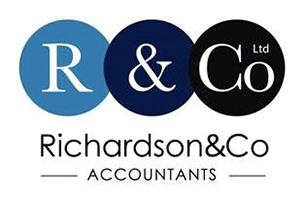HMRC wins £42k late filing penalty row
It's sometimes possible to appeal against a late filing penalty on the grounds that there was a “reasonable excuse” for the lateness. However, you have to be able to meet further conditions. How does a recent Upper Tribunal case demonstrate that a penalty can be upheld, even if there was a reasonable excuse?

In Harrison v HMRC [2022] UKUT 216, the taxpayer (H) believed that his advisors had submitted his 2014/15 tax return by the due date of 31 January 2016. H experienced a series of distressing events and was informed by his newly appointed advisors that his previous advisors had not submitted his last tax return. H admitted that sorting out his tax return was at the bottom of his priority list as he was dealing with various family and business problems. The return was finally submitted in September 2018. Whilst the courts accepted there was a reasonable excuse for the late filing, it could not be said that the return was submitted without reasonable delay. He had continued complex work on his business during the period. Therefore, the continued failure to submit the return resulted in an eye-watering tax geared penalty of £42,066 for deliberately withholding information. The appeal was dismissed.
This highlights a little-known fact that where the return is over twelve months late the penalties are based upon a percentage of the tax liability depending upon the taxpayer’s behaviour, i.e. deliberate/concealed. H endured several extremely difficult events and suffered from depression but was found to be capable of approving his tax return in spite of this.





 This website uses both its own and third-party cookies to analyze our services and navigation on our website in order to improve its contents (analytical purposes: measure visits and sources of web traffic). The legal basis is the consent of the user, except in the case of basic cookies, which are essential to navigate this website.
This website uses both its own and third-party cookies to analyze our services and navigation on our website in order to improve its contents (analytical purposes: measure visits and sources of web traffic). The legal basis is the consent of the user, except in the case of basic cookies, which are essential to navigate this website.